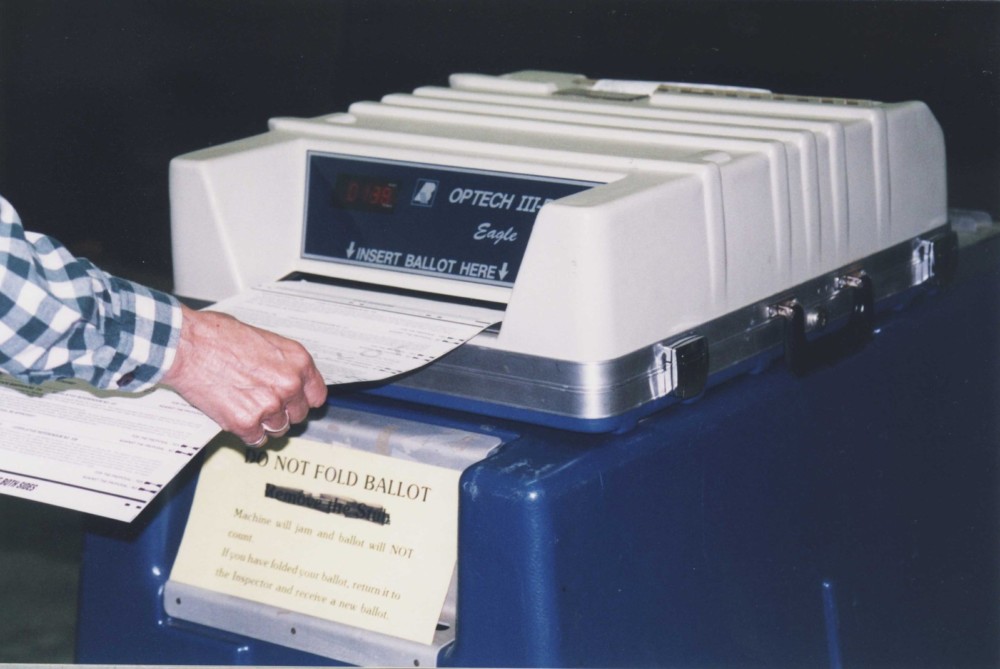Voters approved the use of recreational and medicinal cannabis in many states during this election cycle. And it seems like that had a major impact on businesses overnight. I have recently spoken with a number of individuals working on starting their cannabis-related businesses. And like business owners in other industries, these individuals wanted to secure trademark rights for their business names and product lines. But for the cannabis industry, there are a few additional considerations when trying to secure a trademark registration.
Showing Lawful Use of Your Mark
The Trademark Office, before granting a trademark registration, requires that an applicant show lawful use of their trademark in commerce. This creates a problem for businesses that sell cannabis products and related services. They cannot show a lawful use of the mark in many cases because their products/services violate the Controlled Substances Act. If the Trademark Office “catches a whiff” of illegal activity, then they will refuse registration of the applied-for trademark.
One argument that has been made recently to the Trademark Trial & Appeal Board is that the sale of cannabis products/services can be legal under state law. However, the TTAB in a recent case did not find that argument persuasive. After all, they are a federal agency, and are concerned with what is illegal under federal law. And under the federal Controlled Substances Act, the sale of marijuana is still illegal. The fact that selling cannabis products might be legal in California or Colorado has not been persuasive to the TTAB.
Protecting Marks Related to Cannabis
If cannabis becomes legal under federal law, there will be a “green rush” on trademarks for products and services in that industry. However, it may be possible to start protecting your trademark now. While you can’t register a trademark for cannabis products today, you do have some options. You can obtain a registration for products and services that are currently legal but still related to the cannabis industry. For example, you might choose to start a blog that provides information about marijuana. That would allow you to create and build your brand. At the same time, registration of a mark helps to prevent the registration of confusingly similar marks.
If I register my trademark XYZ in connection with a blog providing information on the cannabis industry, someone else would not be able to register confusingly similar mark for their cannabis blog. And if cannabis becomes legal, my registration may prevent them from registering a similar mark for cannabis products. The Trademark Office might say that my cannabis blog might is related to those products. So if we have confusingly similar marks, the Trademark Office could reject their application because of my existing registration. Many people and businesses have already registered cannabis trademarks, such as:
- HEMP STAFF for employment staffing in the field of medical cannabis;
- LEAFHEAD.COM for social networking chatrooms in the field of cannabis; and
- WEED WHEEL for printed educational materials in the field of cannabis
These are just a few examples of successful trademark registrations for products and services related to cannabis. On the other hand, the Trademark Office has rejected many applications because they included products/services that violate the Controlled Substances Act. Snoop Dogg recently received a rejection like this.
The LEAFS BY SNOOP Trademark
Snoop Dogg’s trademark application for LEAFS BY SNOOP (as of the time of writing) includes a product description of “blunts, namely blunt wraps.” He received an office action stating that this product in his application violates the Controlled Substances Act:
Applicant has identified blunt wraps in Class 34. Blunts are cigars or cigar wraps (the leafy outer layer of the cigar) that have been filled with marijuana… Accordingly, because applicant’s goods consist of or include items or activities that are prohibited, the applied-for mark as used in connection with such goods cannot be in lawful use in commerce with the identified goods in Class 34.
In order to register his LEAFS BY SNOOP trademark, he will likely have to either argue that his sale of blunt wraps does not violate the Controlled Substances Act, or remove that product from his application. It’s interesting to note that the Trademark Office approved his other trademark applications for LEAFS BY SNOOP for cigarette lighters. However, his application is being opposed by the Toronto Maple Leafs.
To summarize, businesses within the cannabis industry can takes steps to protect their trademarks now. But they cannot register for the marijuana products and services that are the focus of their business. Of course, the political landscape with regards to this issue is changing rapidly. These rules may soon be changing. Taking steps to protect your brand now is a good idea, because there will be a flood of applications once that occurs.
Do You Need Guidance on Trademark Law for Your Cannabis Business?
If you would like to speak with an experienced trademark attorney that can assist you with ideas for developing and protecting your brand please call me at (480) 360-3499, email me at kevin@yourtrademarkattorney.com, or complete the contact form found on this page to schedule your free initial consultation today. I look forward to speaking with you.


